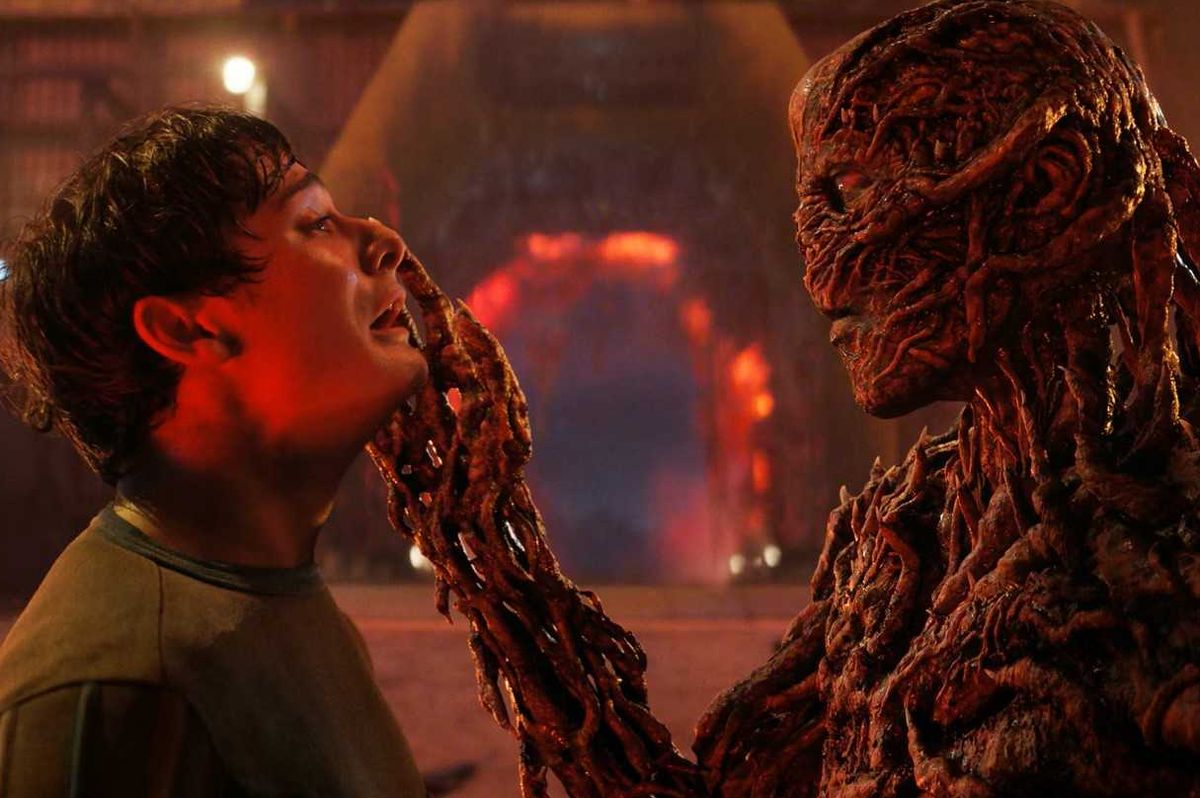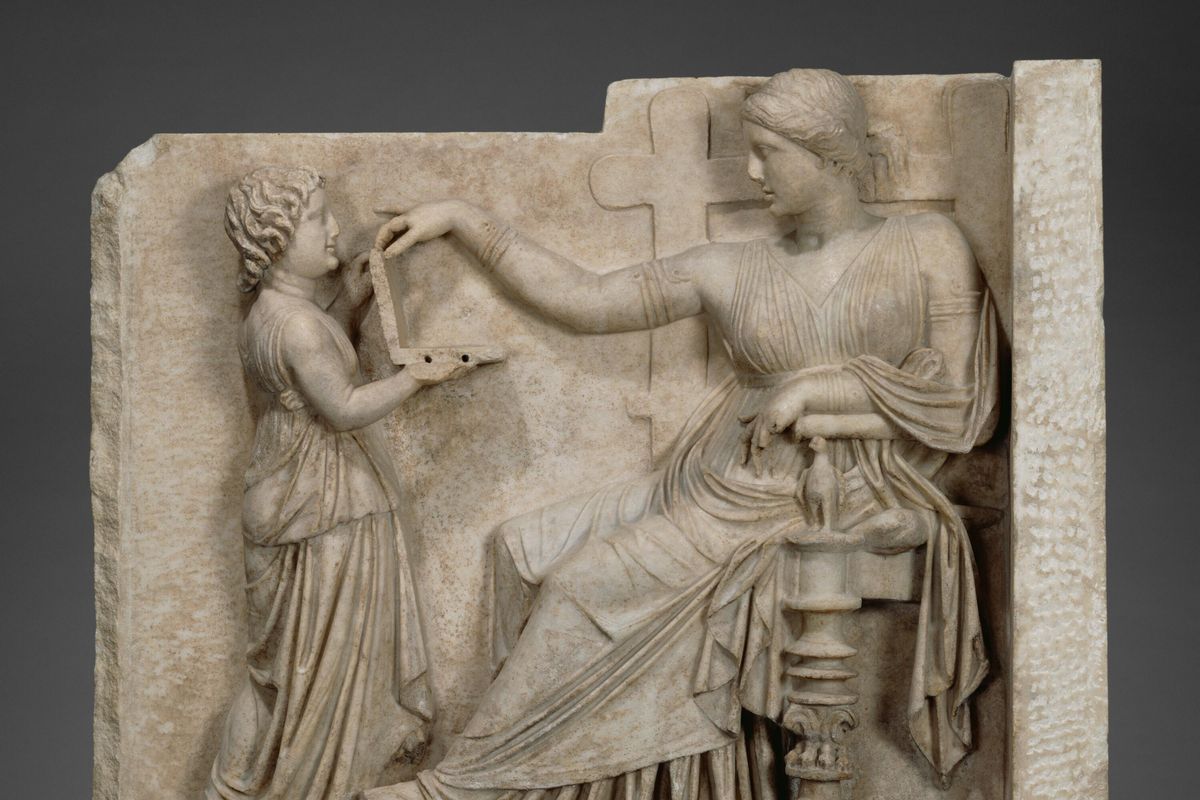Viral
Louis Dor
Dec 19, 2015
On the final Friday before Christmas 2014, alcohol sales in pubs, clubs, restaurants and hotels across the UK rose by 142 per cent, according to Public Health England and Alcohol Concern.
It appears that the UK does indeed like its Christmas merry, but what happens to your brain when you start to indulge in festive cheer?
Professor Anne Lingford-Hughes, chair in addiction biology from Imperial College London, takes us step by step through the brain chemicals are released which alter our behaviour – from the very first sip.
The first sip
The first swig tastes so good because it causes changes in two types of chemicals, which in turn direct many of alcohol’s effects on our behaviour.
Professor Lingford-Hughes says:
One of these chemicals, called GABA, acts like a sedative to calm the brain down, while the other, called glutamate, excites the brain and makes it more active.
Alcohol quickly increases GABA function, which is why a drink will relax us, initially.
Losing inhibitions
One of the brain areas first affected by the imbalance in GABA and glutamate is the frontal lobe, which governs traits such as attention and impulsivity.
The frontal lobe is exquisitely sensitive to alcohol - this is why people quickly become disinhibited. As they drink more, their ability to think straight and integrate all of their thoughts become lost.
Losing coordination
However, one of the next areas of the brain is the cerebellum, which controls movement. You will become uncoordinated and your speech may slur.
The muscles across your whole body become affected - even in your eyes. This is why your vision becomes blurred – although your eyes are still seeing fine in terms of vision, your eye muscles aren’t working properly so each eye isn’t looking in the same direction.
Losing memories
Next affected is the hippocampus, vital for memory, which is affected by an imbalance.
This area of the brain is sensitive to changes in glutamate, and so when levels start to swing out of control, it struggles to lay down new memories.
Recovery, and why it’s so painful
Once alcohol is out of the blood stream, GABA function falls, but glutamate – which excites the brain - is still very high. This can lead to anxiety, shakiness and poor sleep. If you have been drinking very heavily, this sudden change can even lead to fits.
Levels of another neurotransmitter in the brain – dopamine – are also affected which can lead to low mood.
High glutamate levels can prove toxic to brain cells also, destroying the delicate connections between them:
...like pruning back a shrub until just a bare stump is left.
If someone has had a heavy Christmas they’ll feel pretty rough as the alcohol is going out of their system and their brains begin to readjust. We’re still unsure how long this takes but it could be a number of days, if not weeks. It will certainly take longer the older you are, as the brain takes longer to recover.
So there you have it - a medical breakdown as to why moderation may be a good idea this Christmas.
More: These are the countries where people drink the most alcohol
More: People are making cocktails from human tears so we can all go home now
More: Warrington police seized a 'massive' alcohol haul at a party for over 100 teenagers
Top 100
The Conversation (0)













